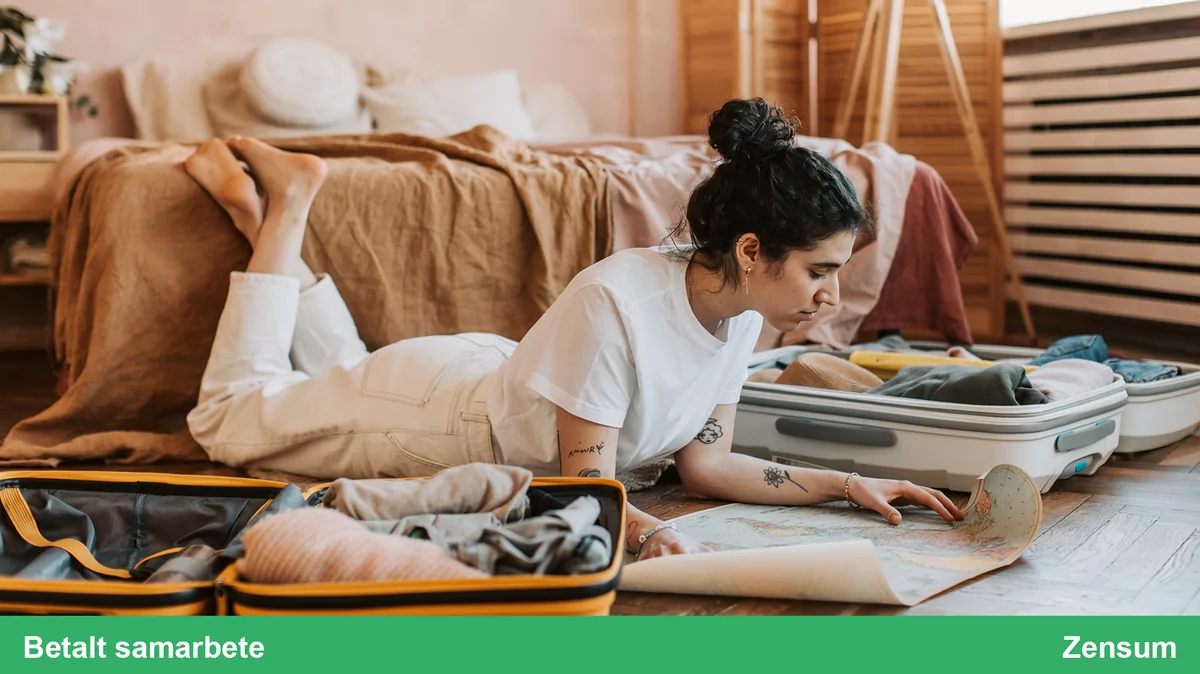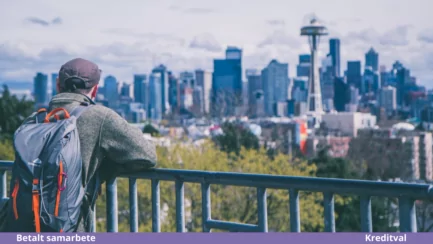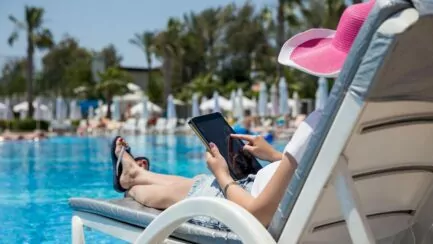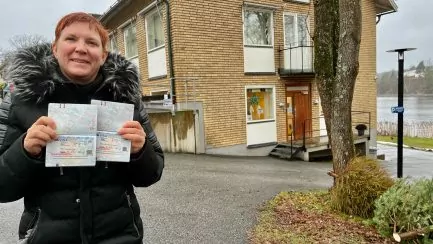Today we present a guest article
The ticket is booked during low season or a travel company sale and you found the best accommodation at the lowest price using travel comparison sites. Congratulations, you will be travelling again soon! We'd like to point out that there are still thousands of dollars to be saved.
Table of contents
Mobile data - roaming and local SIM cards
Let's start with the most important thing: the mobile phone. We use it to communicate, share experiences, bank, pay, find answers to questions and much more. Travelling increases, rather than decreases, the reasons for using a mobile phone. Since we have become used to roaming being included in our subscription when travelling in Europe, it can be a shock to arrive in a country where roaming is not free. It can also be an expensive experience, or a very frustrating one. Who wants to be without internet while travelling today?
So if you are travelling outside the EEA or Europe, it is worth checking the roaming agreements with your mobile operator. Often there are also local SIM cards or eSIMs that you can buy, often from Sweden. The newspaper Mobile phone Find out where free roaming applies and what else you need to know about your mobile phone.
Set a travel budget and stick to it
When we think of a travel budget, it's easy to stop at travelling and accommodation. But of course, food and entertainment should be included in the budget. To make a reasonable food and entertainment budget, compare it to what it would cost at home. For example, if you're staying at home for a school holiday with your family, you'll probably want to do a few extra things: go to the cinema, eat in a restaurant or have extra luxurious Saturday treats. This is a good way to find a basic budget for the variable costs of the trip, i.e. what you buy.
Split your budget so you can easily keep track of how much money can be spent on different days. Maybe you go on an excursion one day, while resting at the hotel the next. At Censuses you can read more tips to help you stick to your travel budget.
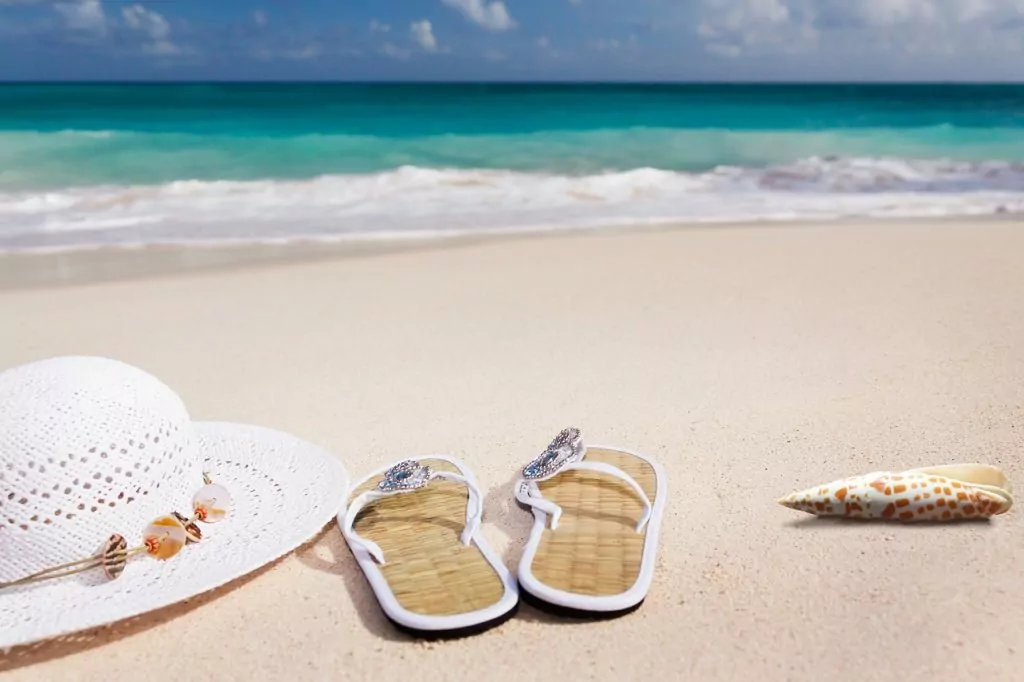
Keep track of currency exchange fees and other charges
Depending on the country and city you are travelling to, check whether they have, for example, fees for card payments, or discounts for cash payments as standard. Also check what your debit and credit cards charge for currency exchange and foreign payment fees. In some cases, it may be worth exchanging or withdrawing cash for a one-off fee and using that instead.
Before you leave, you can decide whether to use your debit, credit or cash card and for what type of purchases. It is also possible to get separate cards that do not have a currency exchange fee, but be aware that these often come with a separate charge.
Go local: choose local transport and eat off the beaten track
There are of course some sights we really want to visit when we go somewhere, but when it comes to getting around the city and eating meals, a good rule of thumb is to follow the locals. This is often both a way to save money and to get an extra good feel for the destination!
If you do some research before your trip, you can find lots of good advice online, such as where locals prefer to go for breakfast, lunch, brunch and dinner. If you also have mobile data, you can use the public transport app and Google Maps to find your destination in the cheapest way possible.
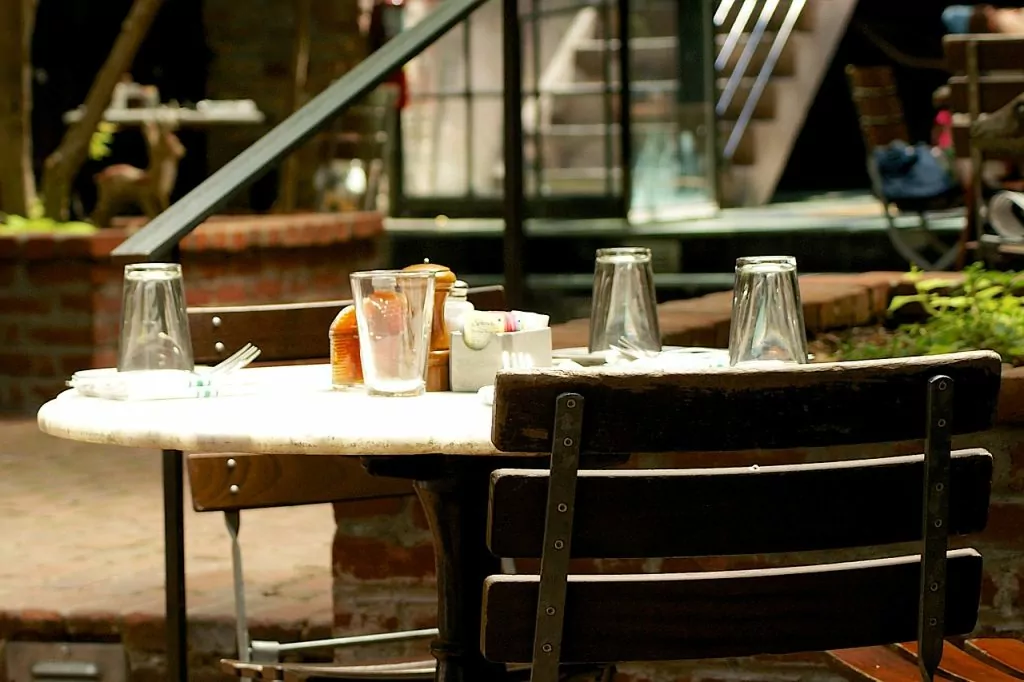
Carry snacks and water with you
Small expenses can quickly spiral out of control without us realising it. For example, hunting for snacks can lead to expensive and unnecessary purchases in a hunger panic. No matter where you're travelling, it's a good idea to bring a few snacks with you, especially if you plan to explore a place throughout the day. Here are some examples of snacks that are good to have in your backpack or tote bag:
- A bottle of water
- Almonds or other natural nuts
- Banana or other fruit where the peel acts as protection
- Biscuits - portioned biscuits can be bought and kept in the hotel room.
- Salty sticks, pretzels - sometimes you need some salt, especially if it's hot.
- Dextrosol - quick energy is good sometimes
- Cheap and smart snacks from a local trader
When you arrive at your destination, check if there is a food market or check the selection at the nearest convenience store. At 7Eleven in Manhattan, for example, you can find pre-cooked eggs for a few dollars. In Tokyo, you can buy an Onigiri (triangular rice ball with seaweed) for 150 yen. In Italy, you can find Pocket Coffee (small caramels with espresso flavour and caffeine) at the checkout of petrol stations and supermarkets.
What are your best saving tips when travelling?


